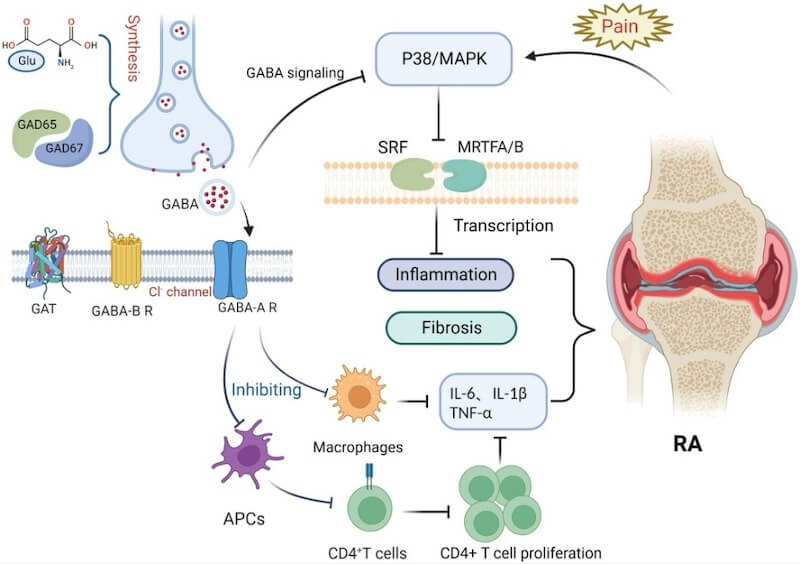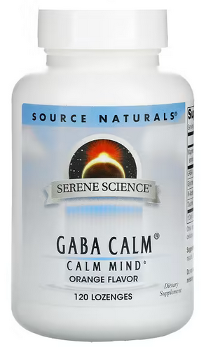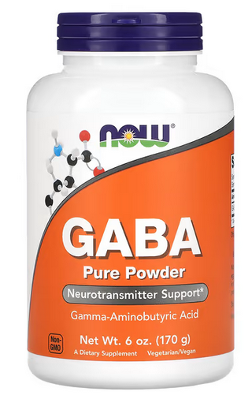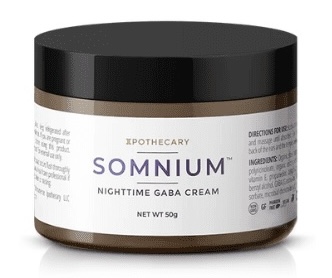
I had been exploring mouth-breathing and using mouth-taping for my own personal use when I came across this paper, The Impact of Mouth-Taping in Mouth-Breathers with Mild Obstructive Sleep Apnea. I had tried mouth-taping a few times but it felt uncomfortable to completely seal my mouth with the large piece of tape I was seeing various health practitioners recommend. And to be honest, it also felt a little scary too, even though I already use tryptophan and GABA for sleep and anxiety.
As soon as I saw the image of the man with a narrow strip of mouth-tape it gave me confidence to start mouth-taping again and I haven’t looked back! I don’t have mild obstructive sleep apnea and don’t snore but I was aware I was starting to mouth-breathe and sleep with a slightly open mouth because of waking with an incredibly dry mouth.
I do not go a single night without it and love the benefits of improved sleep and more energy the next day, and no more dry mouth during the night. I know it’s reducing future tooth decay too.
I share more about the paper, where I first learned about mouth-taping (and an image of sealing the mouth completely) and how GABA and tryptophan may help alleviate any fear and anxiety you may still have about taping your mouth closed at night.
The image that changed my mind and excerpts from the mouth-taping paper
This is the image I’m referring to: the man on the top right with his mouth taped (as circled in yellow). You can see he has a narrow piece of tape, used vertically, instead of a wide piece of tape placed horizontally across his entire mouth/lips (I share an example of the latter below).
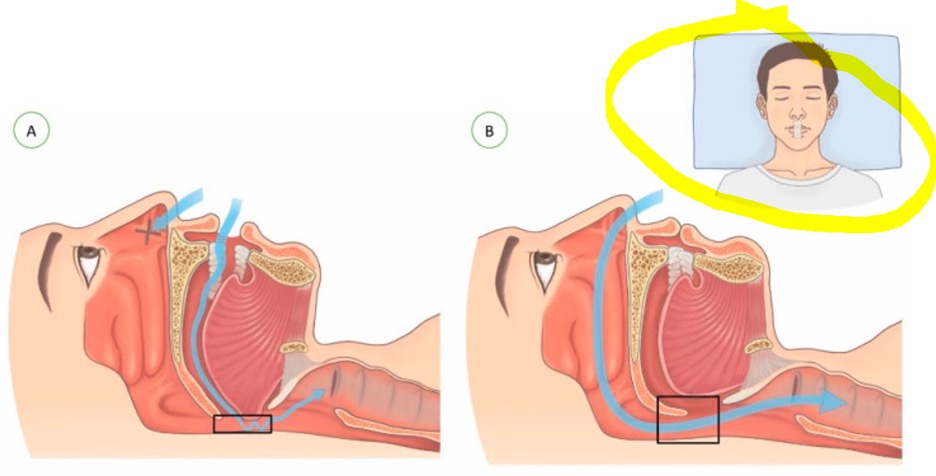
As you can see in the image above, there is a difference in “airflow during mouth-breathing vs. nasal-breathing” as indicated by the blue arrows.
Here is the study objective:
Many patients with obstructive sleep apnea (OSA) are mouth-breathers. Mouth-breathing not only narrows the upper airway, consequently worsening the severity of obstructive sleep apnea, but also it affects compliance with nasal continuous positive airway pressure (CPAP) treatment. This study aimed to investigate changes in obstructive sleep apnea by the use of mouth tape in mouth-breathers with mild obstructive sleep apnea.
And the conclusion:
Mouth-taping during sleep improved snoring and the severity of sleep apnea in mouth-breathers with mild obstructive sleep apnea, with AHI (apnea/hypopnea index) and SI (snoring index) being reduced by about half. The higher the level of baseline AHI and SI, the greater the improvement was shown after mouth-taping.
Mouth-taping could be an alternative treatment in patients with mild obstructive sleep apnea before turning to CPAP therapy or surgical intervention.
The snoring index is the number of snoring events per hour. And according to the Cleveland Clinic, the AHI /apnea/hypopnea index “identifies how many times your breathing slows or stops during an hour of sleep. You might see an AHI after a sleep study or on a CPAP machine.
The apnea-hypopnea index (AHI) is the average number of times you stop breathing (apneas) and have shallow breathing events (hypopneas) per hour of sleep.
The American Academy of Sleep Medicine uses a range to categorize the severity of apnea and hypopnea events in adults:
- Mild: Five to fewer than 15 events per hour
- Moderate: 15 to fewer than 30 events per hour
- Severe: 30 or more events per hour”
In the above mouth-taping study, both the apnea-hypopnea index (AHI) and snoring index were reduced by about half, which I find impressive.
They used 3M tape that was “easy to adhere, easy to remove, and non-allergenic.”
My first introduction to mouth-taping and an example of taping your entire mouth with horizontal tape
This interview and taping demo with Mike Mutzel and Mark Burhenne was my first introduction to mouth-taping. It’s a fascinating interview and the benefits are numerous – do read the highlights and watch the interview.
As you can see, Dr. Mark Burhenne tapes his entire mouth with horizontal tape. This approach did not work for me and I gave up after a few tries.

If you have considered taping in the past and were put off or afraid because of this approach of taping the entire mouth, I’m hoping my insights below about taping vertically and the above study will get you trying it again.
How I tape my mouth and what I use
As mentioned above, I use a narrow strip of hypoallergenic paper tape that I simply tear off the roll each night. I sometimes use the same piece for a second night. I use lip ice/lip balm before taping as that prevents the tape from actually sticking to my lips. It feels more comfortable this way and still keeps my mouth closed. And it also allows me to cough and sneeze without feeling like I’ll lose skin on my lips. I can also sort of talk, although not very clearly, and it makes it easy to remove.
I do not go to bed without taping and it has added another element to improving my sleep. I do this together with the amino acids GABA, theanine and tryptophan, magnesium, Seriphos for high cortisol (when it’s high), eating low oxalates and calcium to counter the effects of oxalates, and avoiding EMFs).
If needed, I can slide a GABA Calm into my mouth without removing the tape. I will do this if I happen to need it due to waking in the middle of the night and not being able to get back to sleep.
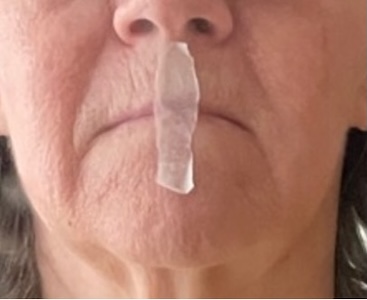
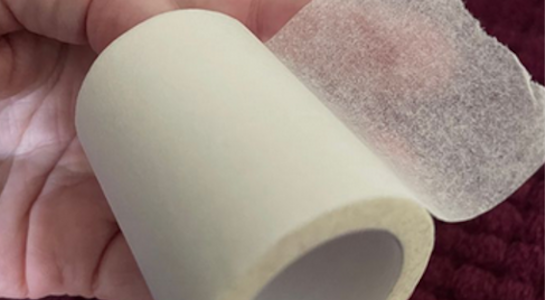
If you are still fearful and anxious about trying this: serotonin and GABA support
If you are still fearful about taping your mouth closed at night, know you’re not alone! It felt a bit scary to me when I first started taping and I even yanked it off a few times during the night.
Trying it out in the daytime first definitely helps to get used to it. And it’s ok to test-drive taping for a few hours at night initially, and pulling it off later in the night.
Also, be sure to address low serotonin if you have low serotonin type of worry, ruminating, negative self-talk type of anxiety. With this type of anxiety, fears and phobias, and feelings of panic can be heightened. Personally, I use tryptophan and theanine for my low serotonin and also recommend this for clients and those in my group online programs. Keep in mind that some individuals do better with 5-HTP than tryptophan.
When you feel anxious, it’s common to have low GABA type of physical tension and anxiety. This may also make mouth-taping feel too overwhelming and give you feelings of panic. I’m a GABA girl myself and use GABA every night. I’m also getting some GABA support from the theanine I use. I know both are firm favorites with clients and group program members.
And, of course, an added bonus is that by addressing low serotonin and low GABA, we also address sleep issues which is a common sign of low levels of both these neurotransmitters.
Additional resources when you are new to using tryptophan, 5-HTP, GABA and other amino acids as supplements
As always, I use the symptoms questionnaire to figure out if low serotonin or low GABA or other neurotransmitter imbalances may be an issue.
If you suspect low levels of any of the neurotransmitters and do not yet have my book, The Antianxiety Food Solution – How the Foods You Eat Can Help You Calm Your Anxious Mind, Improve Your Mood, and End Cravings, I highly recommend getting it and reading it before jumping in and using amino acids on your own so you are knowledgeable. And be sure to share it with the practitioner/health team you or your loved one is working with.
There is an entire chapter on the amino acids and they are discussed throughout the book in the sections on gut health, gluten, blood sugar control (this is covered in an entire chapter too), sugar cravings, anxiety and mood issues.
The book doesn’t include product names (per the publisher’s request) so this blog, The Antianxiety Food Solution Amino Acid and Pyroluria Supplements, lists the amino acids that I use with my individual clients and those in my group programs.
If, after reading this blog and my book, you don’t feel comfortable figuring things out on your own (i.e. doing the symptoms questionnaire and respective amino acids trials), a good place to get help is the GABA QuickStart Program (if you have low GABA symptoms). This is a paid online/virtual group program where you get my guidance and community support, and is where this question was asked of me during one of the live Q&A calls.
If you are a practitioner, join us in The Balancing Neurotransmitters: the Fundamentals program. This is also a paid online/virtual program with an opportunity to interact with me and other practitioners who are also using the amino acids.
Wrapping up and your feedback
Have you used vertical mouth-taping and if yes how has it helped you? Or are you fine with horizontal taping and covering your entire mouth? I’d love to hear how you tape, what tape you use and if you also use lip balm/lip ice before taping.
And if you have words of wisdom for newbies who may need some encouragement feel free to share this too!
I am curious if you have also used GABA, theanine, tryptophan or 5-HTP for overcoming the fear of mouth-taping and continue to use one or more of these amino acids for sleep support too?
Feel free to share your feedback and ask your questions below in the comments section.



